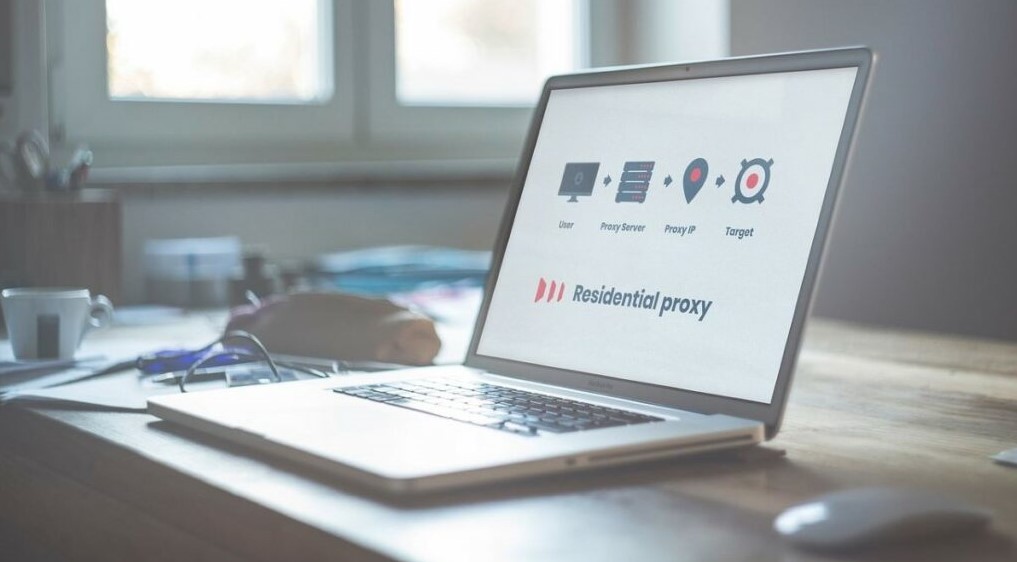Understanding Residential Proxies: A Comprehensive Guide

In the digital age, the demand for anonymity and security on the internet has led to the rise of various solutions designed to protect user privacy. One such solution is the use of proxies. Among the different types of proxies available, residential proxies stand out due to their unique features and capabilities. This article delves into what residential proxies are, how they work, their advantages, use cases, and the ethical and legal considerations associated with their use.
What are Residential Proxies?
A proxy server acts as an intermediary between a user’s device and the internet. It allows users to mask their original IP address with another, thereby anonymizing their online activities. Residential proxies are a type of proxy where the IP addresses provided are associated with actual residential addresses. This is in contrast to data center proxies, which are associated with data centers and often do not correspond to real-world locations.
How Do Residential Proxies Work?
Residential proxies route internet traffic through devices connected to residential IPs. These IPs are usually assigned by internet service providers (ISPs) to homeowners. When you use a residential proxy, your internet requests are sent through these residential IPs, making it appear as though they originate from a typical home user, thereby bypassing many forms of IP-based blocking or targeting.
Benefits of Using Residential Proxies
- High Anonymity and Low Block-rate: Because they appear as genuine residential IP addresses, they are less likely to be blocked by websites compared to data center IPs.
- Geo-targeting: Users can choose proxies in specific countries or even cities, which is crucial for tasks that require geo-specific browsing like content localization testing or ad verification.
- Security: Using residential proxies can protect users from cyber threats by hiding their real IP addresses and encrypting data transfers.
Common Uses of Residential Proxies
- Web Scraping: They are ideal for scraping data from websites that employ anti-scraping measures.
- Ad Verification: Companies use residential proxies to verify their advertisements are displayed correctly and without fraud across different regions.
- Market Research: Businesses analyze competitive landscapes without revealing their corporate network.
- Social Media Management: Managing multiple accounts without triggering security blocks by social media platforms.
Ethical and Legal Considerations
While residential proxies offer numerous benefits, they also come with responsibilities. It is crucial to use them ethically and in compliance with laws. Misusing proxies for illegal activities can lead to severe consequences including legal actions and permanent bans from services.
Choosing the Right Residential Proxy Provider
The quality of service depends significantly on the provider. When choosing a residential proxy provider, consider factors such as the size of the IP pool, geo-targeting options, bandwidth limits, and, importantly, their adherence to ethical standards and legal compliance.
Conclusion
Residential proxies are a powerful tool for individuals and businesses looking to secure their online activities and access the internet without restrictions. By understanding their functionality, benefits, and proper use, users can effectively leverage residential proxies to their advantage while maintaining ethical and legal integrity.
